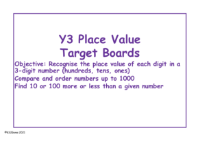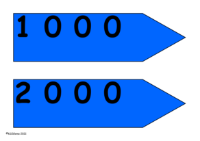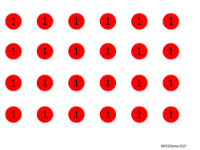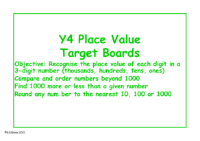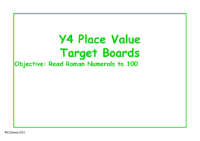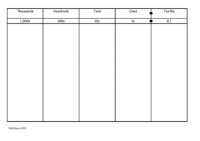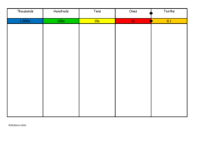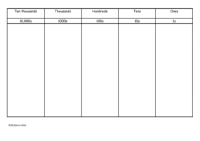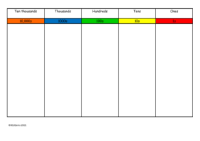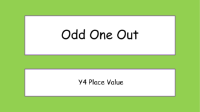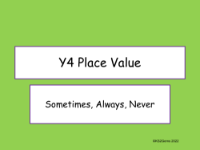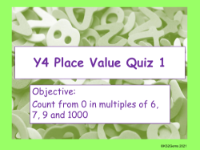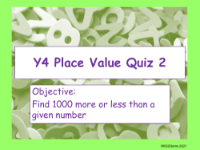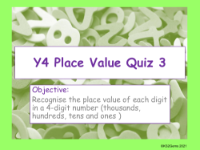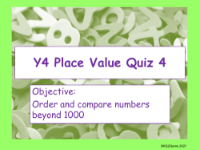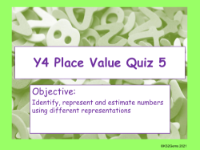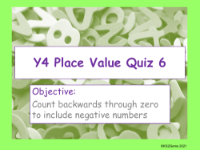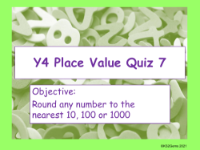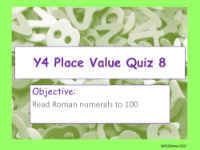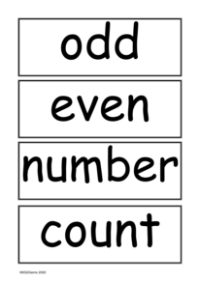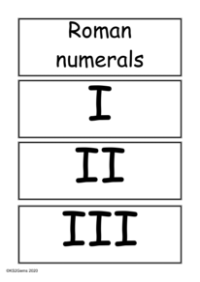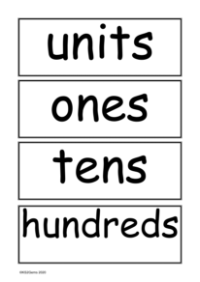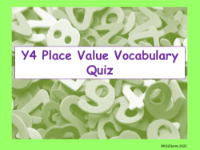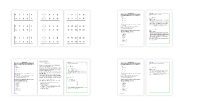Vocabulary - Estimating
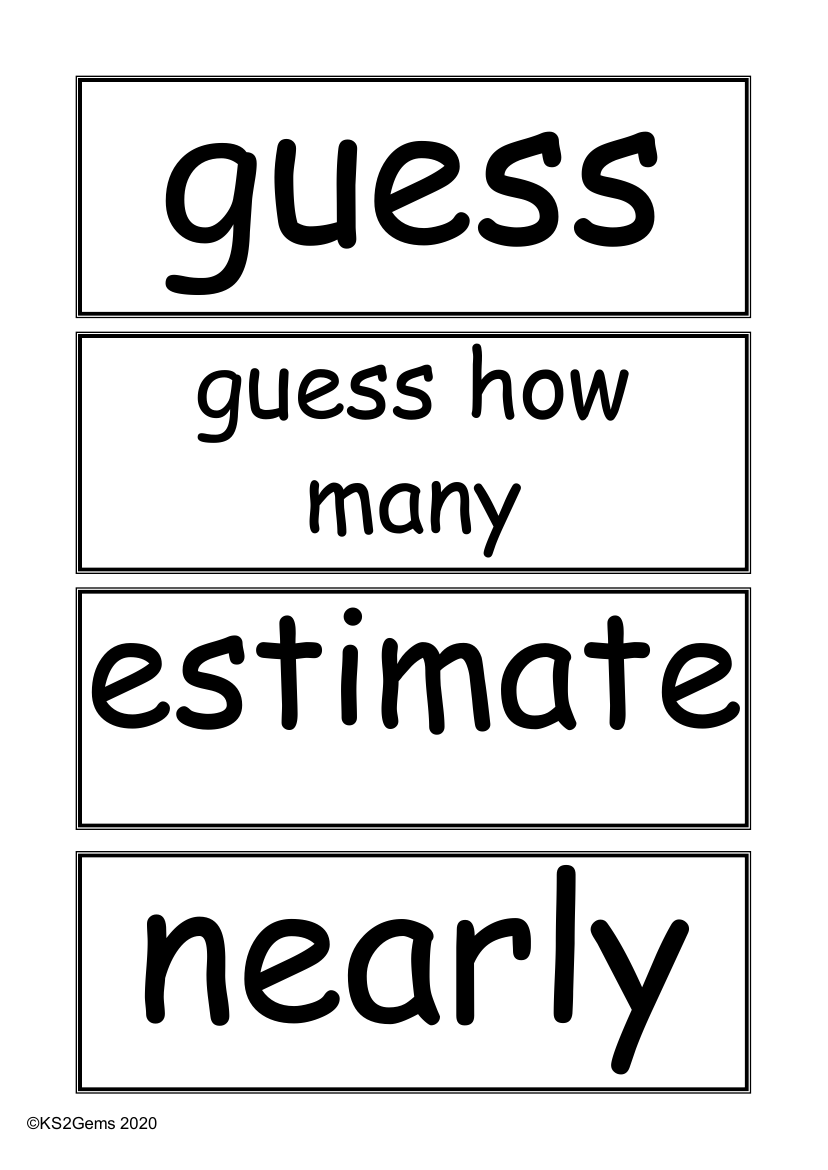
Maths Resource Description
When it comes to teaching vocabulary related to estimating in KS2, there is a range of terms that can help students articulate their understanding of approximation and quantity. Basic terms such as "guess" and "estimate" are the starting points, encouraging students to make an educated prediction about a number or amount. The words "nearly", "roughly", and "close to" are used to describe quantities that are not exact but are within a close range of the actual figure. The term "approximate" and its noun form "approximation" further reinforce this concept of near accuracy.
Other useful terms include phrases like "about the same as", "just over", and "just under", which help students to describe quantities in relation to a known value. The word "exact" stands in contrast to these, representing a precise amount without any deviation. "Exactly", "too many", "too few", and "enough" are also important terms that help students evaluate quantities in relation to sufficiency or excess. For numerical rounding, the vocabulary includes "round", "round up", "round down", "nearest", and "round to the nearest...", which are essential for mathematical operations where students need to simplify numbers to the closest ten, hundred, or other specified unit.
